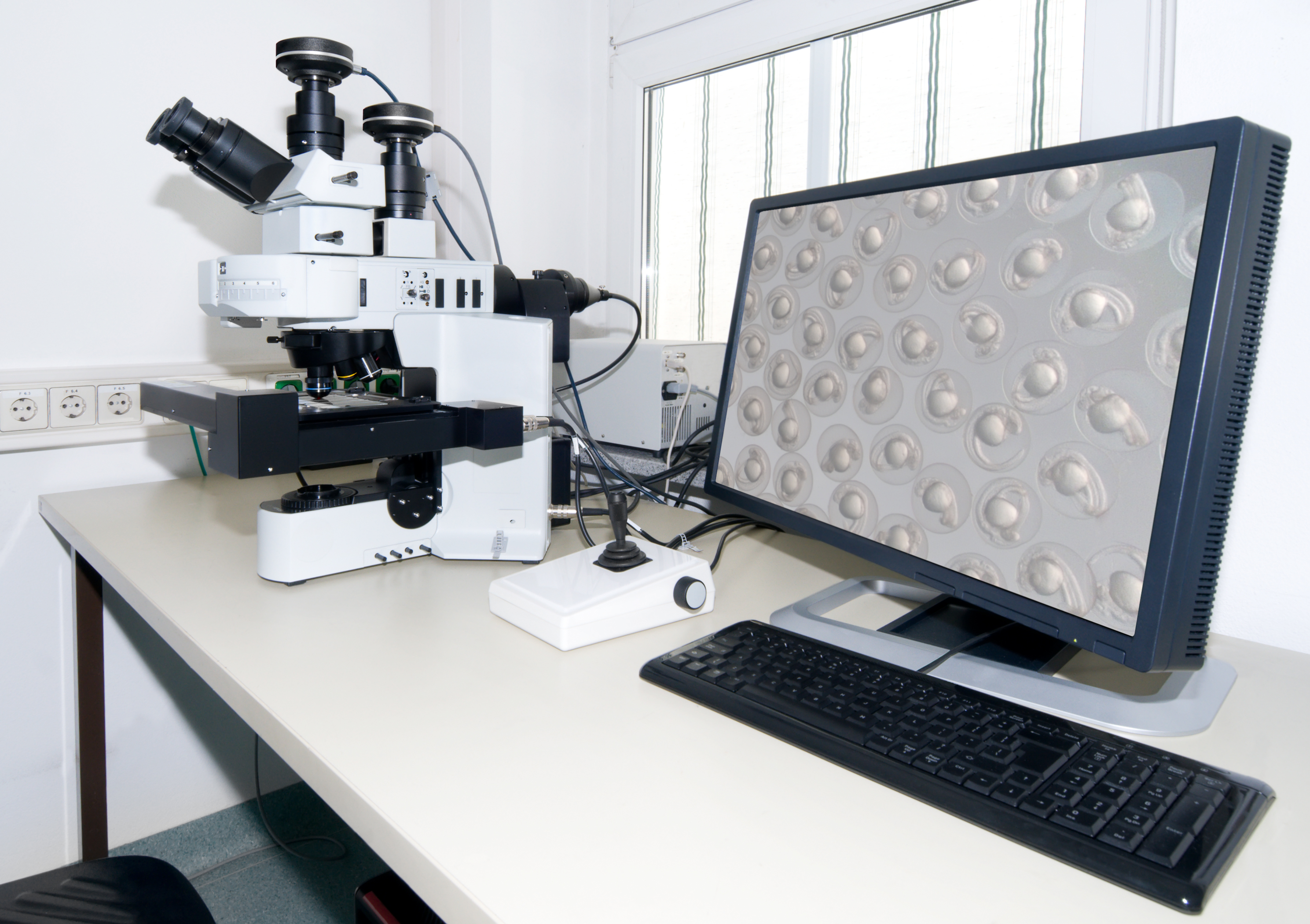ISSCR: grave omission of age limit for embryo research
By Josephine Johnston, Françoise Baylis, & Henry T. Greely,
Nature
| 06. 22. 2021
We are researchers with differing views on the ethics of stem-cell and embryo research who nonetheless share deep concerns about the latest guidelines from the International Society for Stem Cell Research (ISSCR; see R. Lovell-Badge Nature 593, 479; 2021).
The 2016 ISSCR guidelines ruled out experiments on human embryos beyond 14 days, citing broad international consensus that these lacked “a compelling scientific rationale, raise substantial ethical concerns, and/or are illegal in many jurisdictions” (see go.nature.com/3cqc4bw). The latest guidelines drop this prohibition (see go.nature.com/3gfkkw8) and do not propose any alternative.
At some point, the developing human embryo reaches a stage at which it should not be used for research. There is disagreement about when that happens, but scientists need to acknowledge that it does, and reassure the public that they accept limits. The latest guidelines do not prohibit the development or research use of ex vivo embryos at any stage.
Defining and defending a new limit, and possible constraints within it, will be hard. This was the case for the 14-day cut-off, selected some 40 years...
Related Articles
By David Jensen, California Stem Cell Report | 02.10.2026
Touchy issues involving accusations that California’s $12 billion gene and stem cell research agency is pushing aside “good science” in favor of new priorities and preferences will be aired again in late March at a public meeting in Sacramento.
The...
By Roni Caryn Rabin, The New York Times | 01.22.2026
The National Institutes of Health said on Thursday it is ending support for all research that makes use of human fetal tissue, eliminating funding for projects both within and outside of the agency.
A ban instituted in June 2019 by...
By David Jensen, The California Stem Cell Report | 12.11.2025
California’s stem cell and gene therapy agency today approved spending $207 million more on training and education, sidestepping the possibility of using the cash to directly support revolutionary research that has been slashed and endangered by the Trump administration.
Directors...
By Frankie Fattorini, Pharmaceutical Technology | 12.02.2025
Próspera, a charter city on Roatán island in Honduras, hosts two biotechs working to combat ageing through gene therapy, as the organisation behind the city advertises its “flexible” regulatory jurisdiction to attract more developers.
In 2021, Minicircle set up a...




